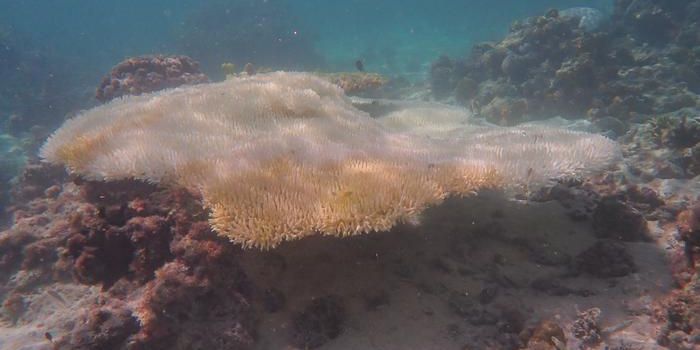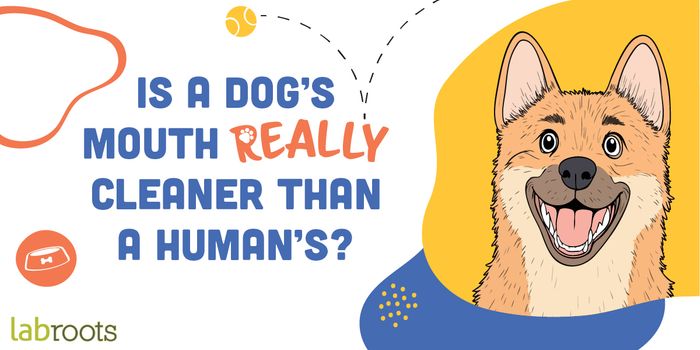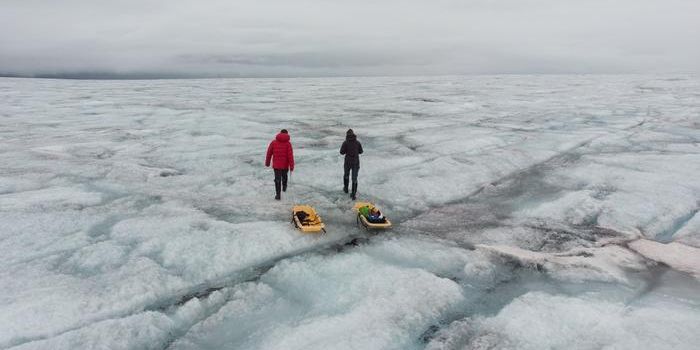Wild Gorillas Adopt Orphaned Babies
For a primate infant, the loss of their mother can be a death sentence—from starvation to the threat of violence from unrelated males, there’s a world of danger without mom to guide you. Even if the infant survives, the ramifications of motherlessness can follow orphaned primate such as baboons and chimpanzees well into adulthood, leading to lower social rank and reduced reproductive success.
But a new analysis of over 50 years of data on mountain gorillas at the Karisoke Research Center in Rwanda reveals that orphaned gorillas don’t suffer the same poor outcomes, according to research published in eLife on March 23.
Researchers tracked the development of 59 gorillas orphaned between two and eight years old. Scientists found no differences between the orphans’ survival rate, the females’ age at first birth, and the survival of their first offspring through infancy—a rarity among social primates. The researchers attributed this to a ‘buffer’ effect created by the infants’ other relationships within their troop, particularly with their agemates and dominant males.
This form of alloparenting—parenting by an individual that’s not an infant’s biological parent—is thought to be evolutionarily favored within closely-related social groups. While alloparenting doesn’t provide the same genetic payoff as rearing a direct descendant, it does facilitate the preservation of common genes.
But mountain gorilla males that spend time babysitting infants, even unrelated ones, reap genetic dividends down the road. Previous studies of Rwandan mountain gorillas indicate that pro-social behavior toward infants by males is a predictor of their future reproductive success. It’s possible that female gorillas simply find an attentive father attractive, the authors suggested.
An unrelated study published recently in Scientific Reports provides more evidence of altruistic behavior in non-human primates. Between 2019 and 2020, two female bonobo chimpanzees in the Democratic Republic of the Congo adopted infants from outside their social groups—and thus, outside their genetic lineage. These are considered the first documented cases of great apes rearing completely unrelated infants.








